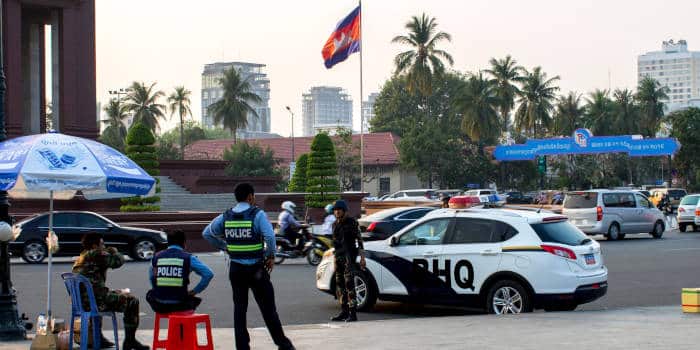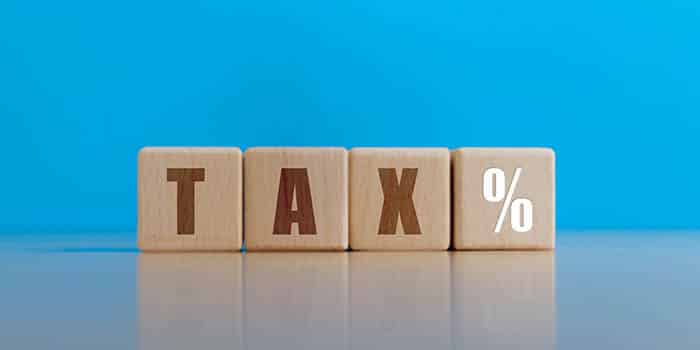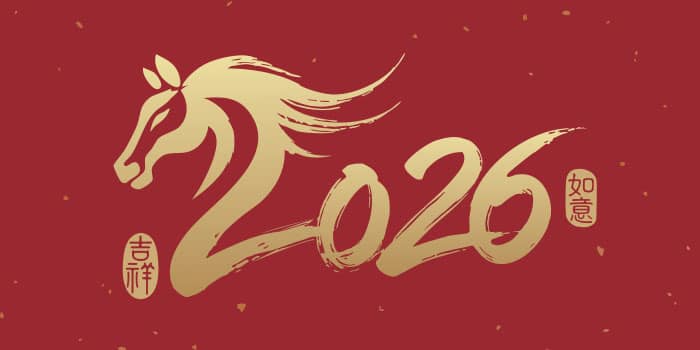Fact-checked by Angel Hristov
India Supreme Court Oversees Debate on 28% Tax on Online Gaming
At the core of the controversy lies the interpretation of how the 28% Goods and Services Tax (GST) should be applied

India’s Supreme Court sees clashes between the government and online gaming companies on the topic of whether skill-based games could “become” games of chance when bets are placed on them.
Here’s What Advocates and Opponents of the 28% Tax Say
If this becomes the case, then these games will have to be subject to the Goods and Services Tax (GST) regime. The government maintains that placing bets or wagers on any game, regardless of whether it is based on skill or chance, is considered gambling and is therefore subject to taxation. In contrast, online gaming companies firmly opposed this view.
According to additional solicitor general N. Venkataraman, games of skill, such as chess and bridgewould continue to be what they were until wagers are placed on them. However, when a bet is placed on, say, a chess match, then the game should be considered a form of gambling, and therefore it should be subject to the 28% Goods and Services Tax.
On the other hand, gambling companies have a much different point of view. According to senior advocate A.M. Singhvi, who spoke for one of the companies, the fundamental issue in the case was an “ancient exception” given to games of skill. He argued that five-judge and seven-judge Benches of the constitutional courts have consistently held that games of skill are, by their very nature, not classified as chance-based.
Mr. Singhvi further challenged the government’s reasoning by questioning whether, in the case of chess, merely placing a bet would transform the game from one of skill into one of chance. He contended that the fundamental nature of a game cannot be altered in such a manner.
What Does This Discussion Mean?
This high-stakes legal dispute carries significant financial implications. In January, the Supreme Court temporarily suspended tax demands totaling over ₹1.12 lakh crore (approximately $13.5 billion) that had been issued to around 50 online gaming companies as part of GST proceedings.
At the core of the controversy lies the interpretation of how the 28% Goods and Services Tax (GST) should be applied. According to the government, the tax should be imposed on the entire contest entry amount, including the prize pool. In contrast, gaming companies argue that GST should apply solely to the platform fees or commissions they collect.
In 2023, the GST Council recommended a uniform 28% tax on online gaming, casinos, and horse racing, making no distinction between games of skill and games of chance. Prior to this, operators were taxed at 18% on the commissions charged to users.
Currently, the discussion still continues, but the hearings will conclude on May 9, meaning a decision might be announced soon after that.
Stefan Velikov is an accomplished iGaming writer and journalist specializing in esports, regulatory developments, and industry innovations. With over five years of extensive writing experience, he has contributed to various publications, continuously refining his craft and expertise in the field.

















